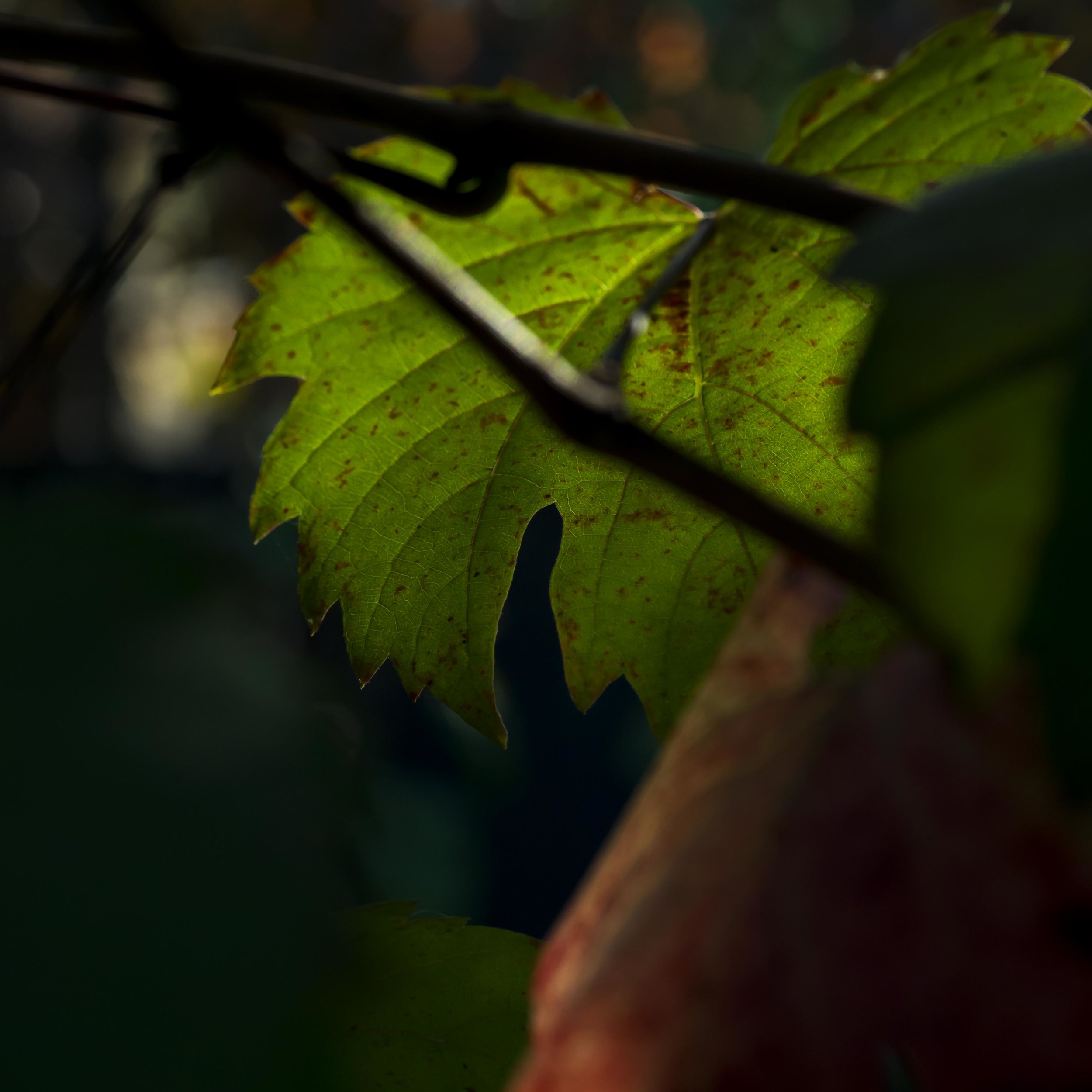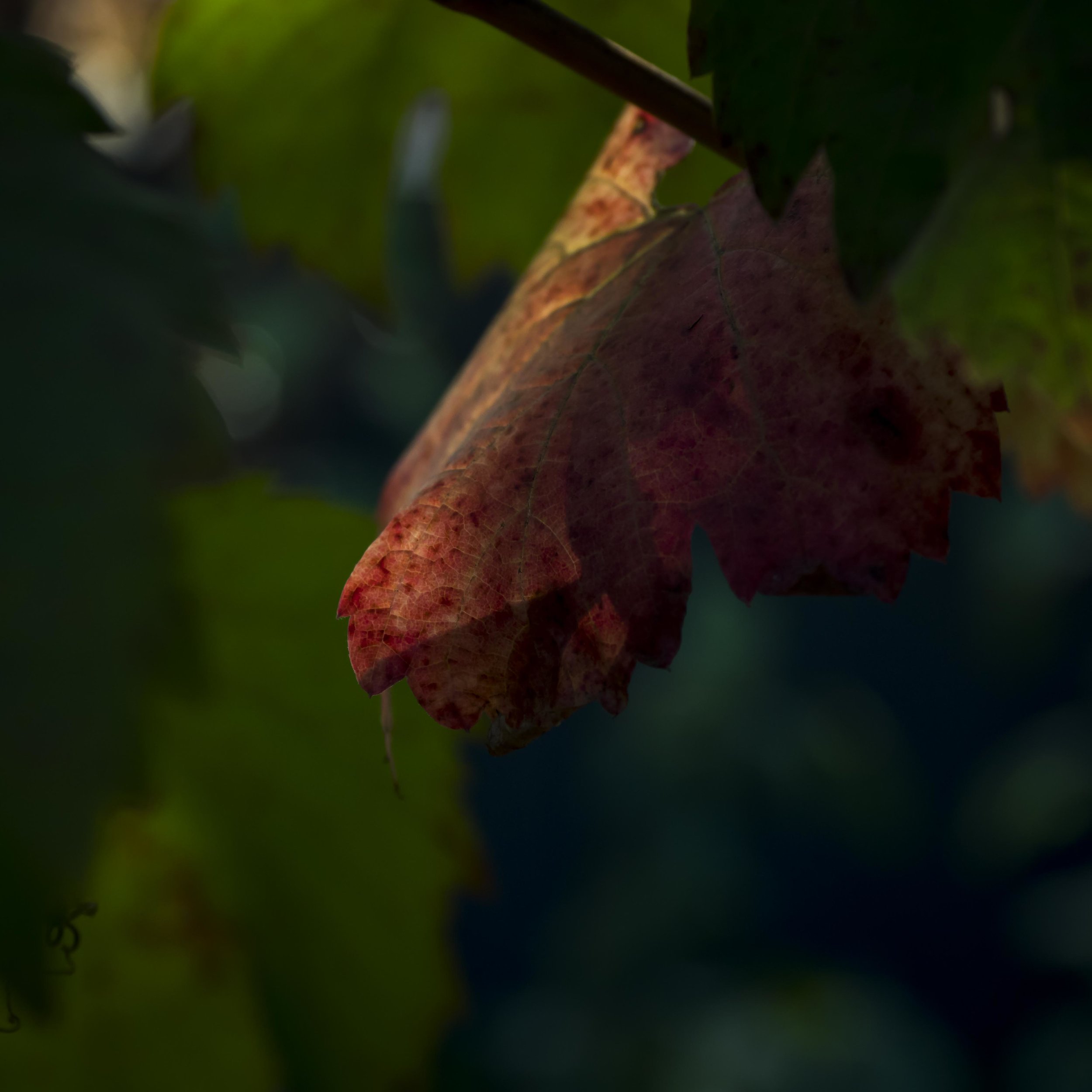I have never considered myself a macro photographer.
Having said that I have almost always owned a dedicated macro lens, whichever format or brand I have been using over the years. Without doubt, macro lenses are generally the best tool for true macro work and often double up a workable portrait lens, so finding justification to own one has never been too hard.
The reality is I am actually a “very non scientific, obsessed with abstraction, looking for something deeper and less literal” photographer. I don’t think they make a specific lens for that.
EM1 12-100
My current weapon(s) of choice are the 12-40 and 12-100 Olympus zooms. These give me 1:3 to life size which it turns out is enough. This once was loosely called “macro”, especially when printed on telephoto zoom lenses, but is really not true macro, not even close (true macro is where you are producing an image on your sensor or film that is true to life size to the subject, which is to say, if you placed your sensor quite literally on the subject they would be the same size).
The question I suppose is, “do you do scientific macro or just artistic macro?”.
EM1 12-100. The silence of the camera in electronic shutter mode adds to the gentle experience.
Scientific macro is tough and unforgiving. It requires often closer than life size magnification, perfect focus, often extended depth of field, which requires special techniques and balanced (read “boring”) light. Science is not interested in beauty unless it for measurement or understanding.
Artistic macro on the other hand is loose and fun. It is not looking to create a scientifically accurate image, nor even a fully identifiable subject, but something deeper. Magnification is anything strong enough to take you out of the world of the real and into a place filled with mystery and emotion. Too much attention to accuracy is the true enemy of this technique. Looseness of style is where the real gems hide.
EM1 12-100. It is hard to express how uninspiring the subject was (a grape vine in cold shaded light, dry, dusty and tired of summer). Getting in low and close, and shooting into the sunlit underside have revealed a gentle beauty. The lens was used wide open at f4, requiring attention to the very thin focus area, but even the mistakes can come to life.
I have vague memories of a childhood filled with a desire to explore these quiet, dark, hidden and often small places. My early, almost forgotten inspiration comes from films like “The Water Babies” or books like “Snugglepot and Cuddlepie” (very Australian), filled with miniaturised and often environmentally exotic protagonists. Modern takes on these themes have little effect, so it was obviously a first impression thing, although when watching films like “Avatar”, there is a longing that stirs in me for forgotten places and times.
How deep does this influence go? When I re-discover it, often triggered by happenstance, there is a feeling of coming home, so I guess pretty deep.


